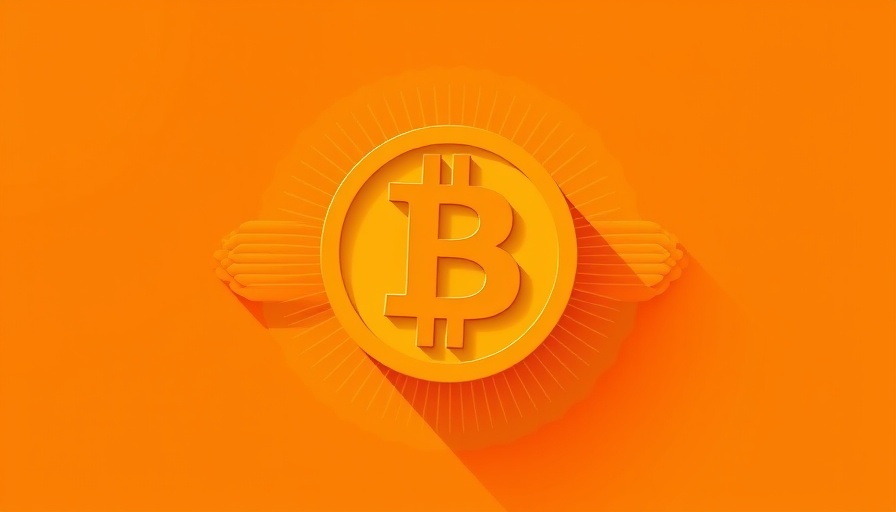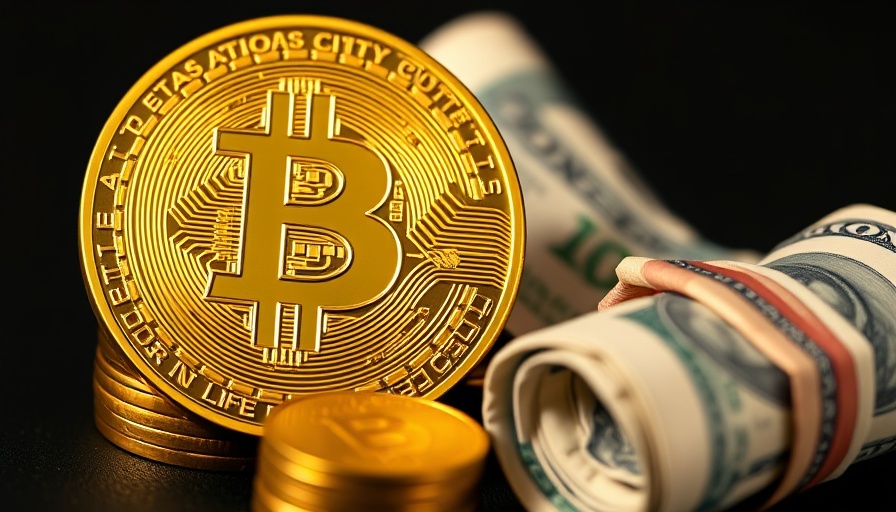
Robinhood's Leap into Tokenized Stocks: A Game Changer for Investors
In a notable shift towards modernizing trading, Robinhood has launched tokenized stocks in Europe, allowing investors to trade fractional shares of up to 200 different assets. This innovative approach not only enhances accessibility for investors but also merges the traditional brokerage model with cutting-edge blockchain technology. By allowing users to buy fractions of stocks, Robinhood is making significant strides in democratizing investing for a broader audience.
Understanding Tokenized Stocks and Their Impact on Trading
Tokenized stocks represent real shares of a company, but they exist on a blockchain rather than a traditional exchange. This setup enables seamless transactions, faster settlement times, and greater transparency, appealing especially to tech-savvy investors looking for efficiency. With Robinhood's entry into this space, the boundaries between traditional finance and digital assets are becoming increasingly blurred, opening up discussions about the future of trading.
What This Means for the Future of Investing
The introduction of tokenized stocks could herald a transformative era for investing. As more companies enter the tokenization space, investors may benefit from enhanced liquidity and lower transaction costs. Furthermore, this development could encourage younger, tech-savvy audiences to engage with stock markets, potentially leading to a shift in investment demographics.
The Broader Implications for Financial Markets
Robinhood’s foray into tokenized stocks resonates within the broader financial landscape. It reflects a growing trend where traditional financial institutions are beginning to adopt blockchain technology, recognizing its potential to streamline operations and reduce costs. As tokenized assets gain traction, regulatory frameworks may need to evolve to address the inherent challenges that accompany these innovative trading practices, ensuring investor protection while promoting growth.
 Add Row
Add Row  Add
Add 




 Add Row
Add Row  Add
Add 

Write A Comment